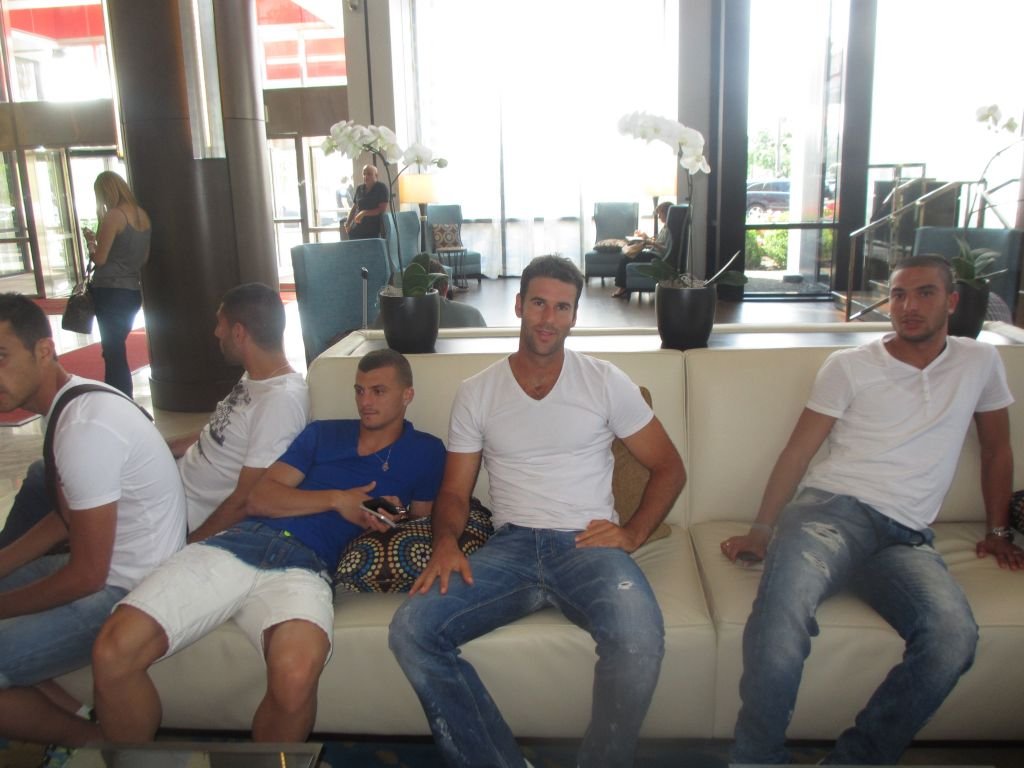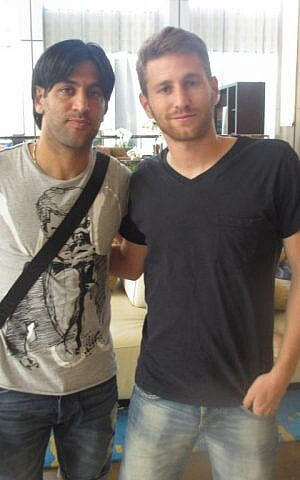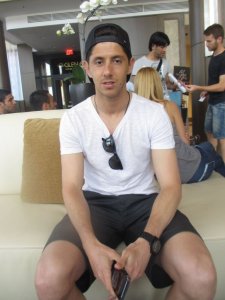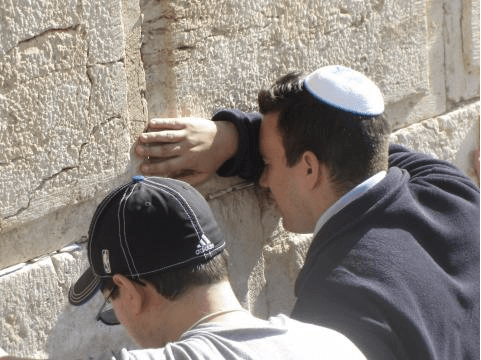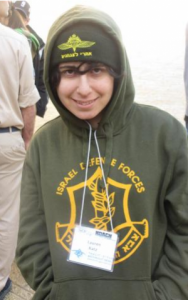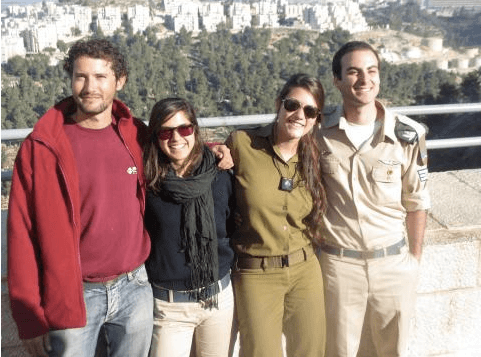NEW JERSEY — From Pierre Mevy Azaria’s calm demeanor as we sipped cappuccino in the lobby of his New Jersey hotel on Thursday, you would never guess that he is ultimately responsible for every aspect of the Israel versus Honduras soccer exhibition at New York’s Citi Field on Sunday — and that he’s getting married in Israel in two weeks’ time.
The well-dressed, bespectacled Mevy Azaria, CEO of the Geneva-based MCI Sport, seems comfortable in a range of countries and languages, and discussing a wide range of topics. He speaks openly and thoughtfully of his journey from childhood in Tel Aviv, to schooling in Toulouse, internships and jobs in Barcelona, and his current Geneva-based world of organizing and promoting soccer matches around the globe. And he discuses an upcoming move to New York City for his bride-to-be Laura’s law studies at Columbia University.
As we speak, he also deals with here-and-now questions and problems in a relaxed, efficient fashion. One member of the Israel national team approaches our table to inquire of the van driver’s whereabouts; the player is eager to go clothes shopping at a nearby mall.
An earlier mini crisis involves the room of coach Eli Guttman. “He usually gets a suite — to differentiate himself from the players, and so he has a meeting space. We arrived at the hotel and found out the room was given to another guest.”
How this matter was resolved? Mevy Azaria told the hotel manager, “You change the room, or we will change hotels.” He felt justified in making such a threat. “We came two months ago, looked at different hotels, worked out all of the details and signed a contract at this hotel.” Guttman quickly got his room back.

I ask Mevy Azaria why the Israel team has not played in the United States in 35 years. “For lack of interest,” he reports unhesitatingly, but then explains why the timing is right, now, to stage what he refers to as “ethnic matches.”
“In the last two to four years, there has been a real development of soccer in the US — due to demographic reasons. There are a lot of South and Central Americans living here.” In addition, Mevy Azaria notes, the number of spectators watching the European Champions league games on TV “doubled in four years.”
Mevy Azaria is responsible for every aspect of Sunday’s soccer fest. “I rent the stadium, I pay the teams, hotels, and flights — for both teams, and I market the event.”
He says he found the management team at Citi Field “extremely nice to deal with” and felt it is “a Jewish-friendly stadium — like no other place in the world.”
Mevy Azaria was particularly taken by the kosher food stands. “This simply doesn’t exist in Europe.”
In addition, the Citi Field organization is particularly knowledgeable about the synagogues and Jewish communities in the area — a real help in promoting the event. “And the date was a total coincidence—we got two dates which worked for both teams. The Mets just finished up a series with the Yankees and are on the West Coast. And the date, June 2, just happened to be the date of the Celebrate Israel Parade!”
Mevy Azaria discovered football during a business school exchange program, where he had the opportunity to work for Barcelona, one of Europe’s very best teams. He began by selling tickets to Israeli companies for Spanish soccer games. Then, after a year and a half, the owner of MCI Sports approached him, looking for a ticket to a game. He then went to work for MCI.
“A company from Qatar wanted to buy the company, but I was given the chance to buy and develop it — which I did.”
MCI promotes “soccer friendly matches” in Europe — and is now hoping to expand to America. If the New York event is successful, Mevy Azaria envisions similar exhibition matches in such Jewish and Israeli-heavy cities as Los Angeles and Miami.
For now, Mevy Azaria is focused on Sunday’s event — and his wedding. “The game will be a great event, like a party,” he predicts. “The action doesn’t stop for 90 minutes, and it is a chance to cheer on and show support for Israel.”
Unlike the Israeli players who will enjoy vacation and travel time in the States in the week following the match, Mevy Azaria needs to get home to Switzerland, and then on to Israel for his wedding. “Laura has been very understanding.” She’d need to be.
(Source: http://www.timesofisrael.com)


